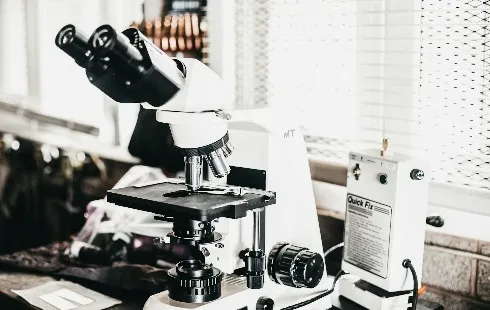
Gonadorelin Peptide: A Gateway to Understanding Endocrine Dynamics
Section: Science
The European Union's new directive on municipal wastewater treatment, enacted in November 2024, mandates an additional purification stage in wastewater treatment plants. This initiative aims to filter even trace amounts of harmful substances, including pharmaceutical residues, from wastewater.
Pharmaceutical manufacturers and industry associations have expressed strong opposition to the directive, arguing that the financial burden of compliance would be excessive. The directive stipulates an 'extended producer responsibility,' requiring drug manufacturers to cover costs associated with the removal of these contaminants. Specifically, companies producing pharmaceuticals and cosmetics are expected to bear 80% of these expenses.
The industry organization Pharma Deutschland has raised concerns about perceived inaccuracies in the impact assessments and data backing the directive. Another industry group, Pro Generika, points out that pharmaceutical pollutants are not the sole contributors to wastewater contamination; they also stem from transportation, agricultural chemicals, and cleaning agents. However, the timelines for implementing the directive range from ten to twenty years, which casts doubt on the urgency of the manufacturers' reactions.
Pro Generika further argues that the increased costs associated with wastewater treatment cannot simply be passed on to consumers due to existing price controls imposed by contracts with health insurers. These regulatory constraints on profit margins are a longstanding frustration for the industry, providing a potential motive for their pushback against the directive.
A pertinent example is the widely used diabetes medication Metformin, manufactured predominantly by companies like Zentiva and Sandoz. Zentiva produces five million packages annually in India and accounts for nearly 40% of the demand in Germany. With 2.9 million patients in Germany reliant on Metformin for diabetes management, any disruption in its availability could have significant health implications. Alternatives, such as injectable insulin, are more expensive and carry additional side effects, reinforcing the necessity for Metformin in treatment protocols.
Metformin has been detected in wastewater, where it is transformed by bacteria into Guanylharnstoff. Both substances have been found in surface waters and, in low concentrations, in drinking water. Evidence suggests that these compounds can disrupt glucose production in wildlife, leading to adverse effects such as intersex development in certain fish species exposed to environmental concentrations of Metformin. Although these findings may seem minor, researchers caution that the combined effects of various pharmaceuticals and their metabolites could yield unexpected and potentially harmful outcomes.
In light of these concerns, the pharmaceutical industry has announced intentions to raise prices on additional medications, including Amoxicillin and Tamoxifen, which are frequently prescribed in Germany. In response to industry objections, the European Commission has agreed to reassess the costs and implications for the pharmaceutical and cosmetic sectors arising from the wastewater directive. Whether this reconsideration will lead to amendments to the directive remains uncertain.

Section: Science

Section: Health

Section: Arts

Section: Health

Section: Science

Section: News

Section: News

Section: Health Insurance

Section: Health

Section: News
Health Insurance in Germany is compulsory and sometimes complicated, not to mention expensive. As an expat, you are required to navigate this landscape within weeks of arriving, so check our FAQ on PKV. For our guide on resources and access to agents who can give you a competitive quote, try our PKV Cost comparison tool.
Germany is famous for its medical expertise and extensive number of hospitals and clinics. See this comprehensive directory of hospitals and clinics across the country, complete with links to their websites, addresses, contact info, and specializations/services.
What do you get when you blend the tradition of American stand-up comedy with themes that are anything but funny? Pair that with a captivating performer and author like Claus von Wagner, and you're guaranteed a fantastic evening. Projekt Equilibrium is his latest program, which explores the quest...



No comments yet. Be the first to comment!